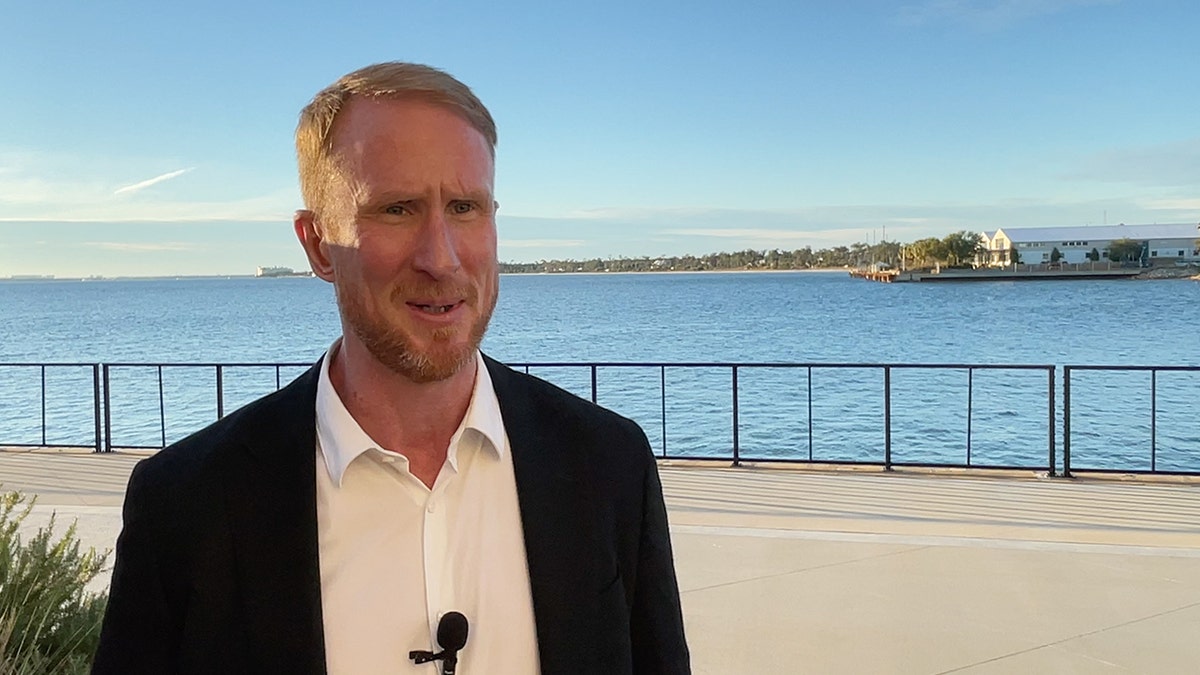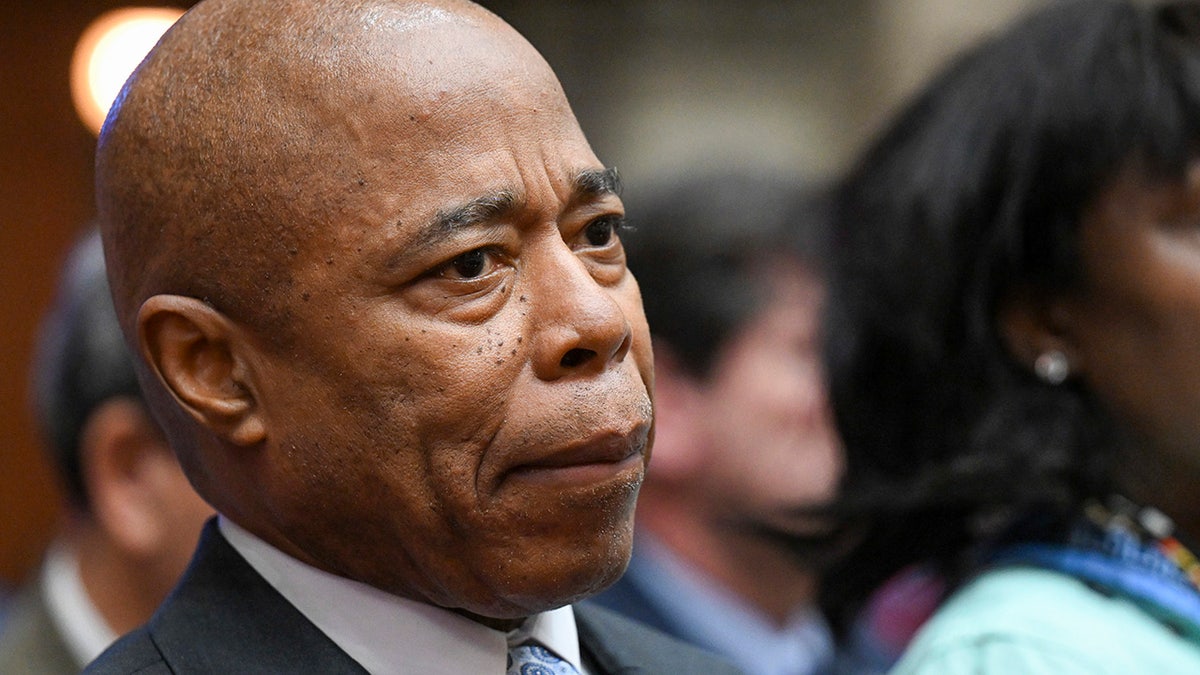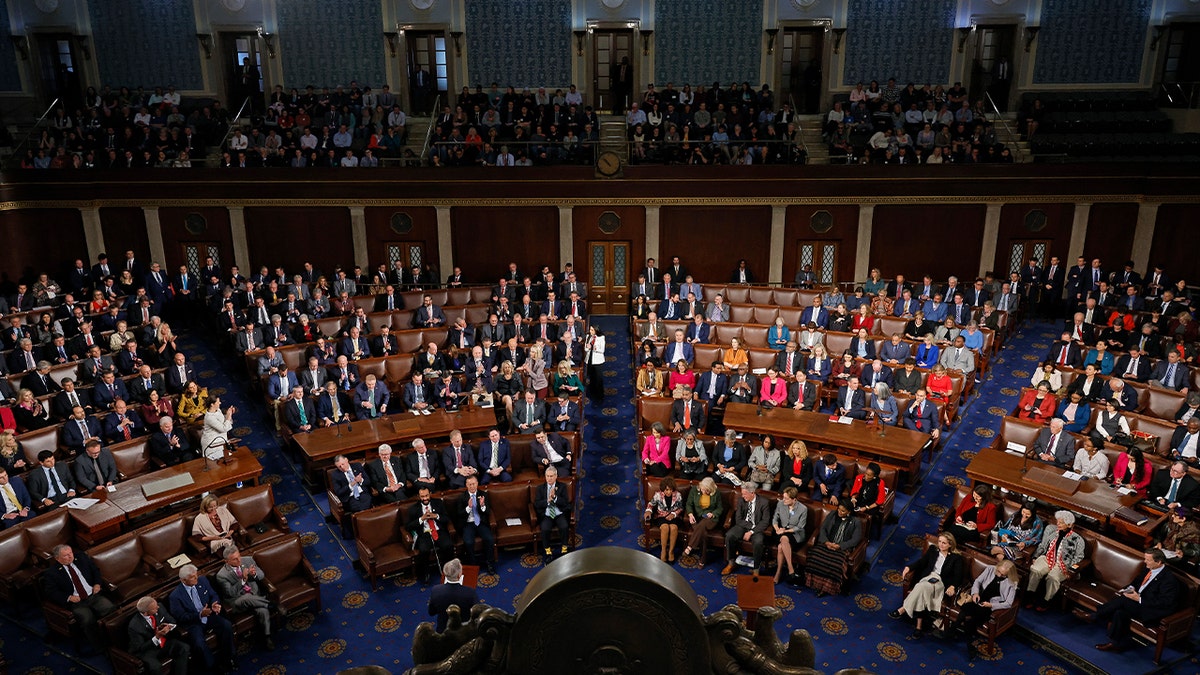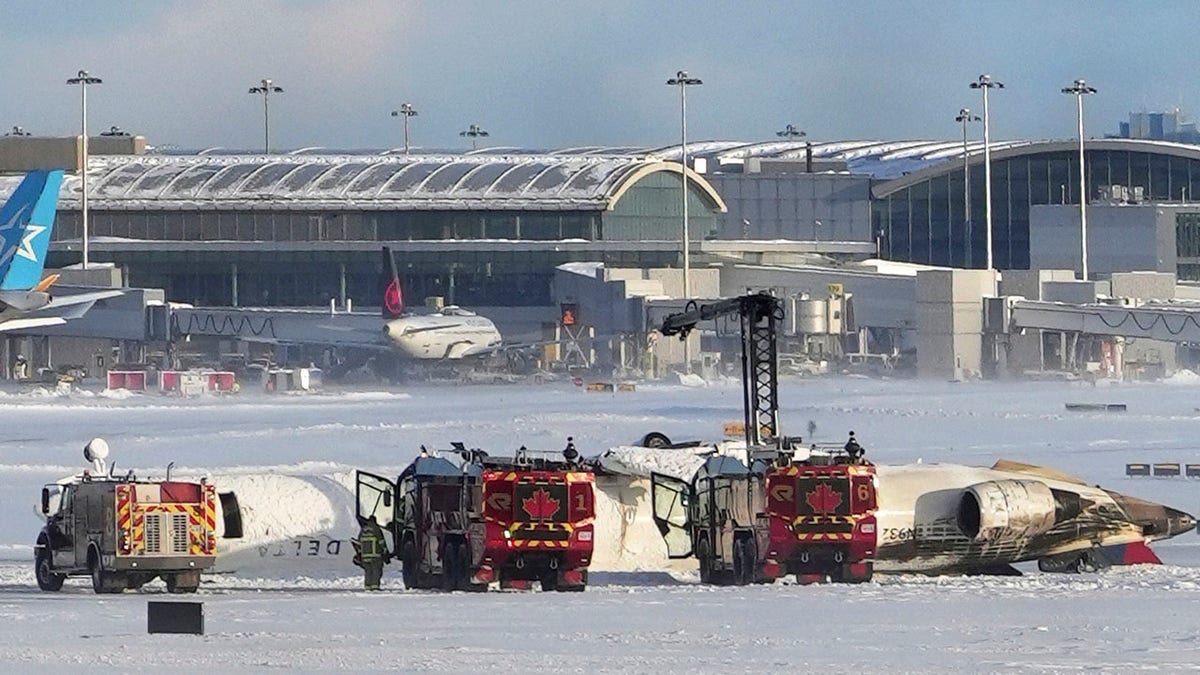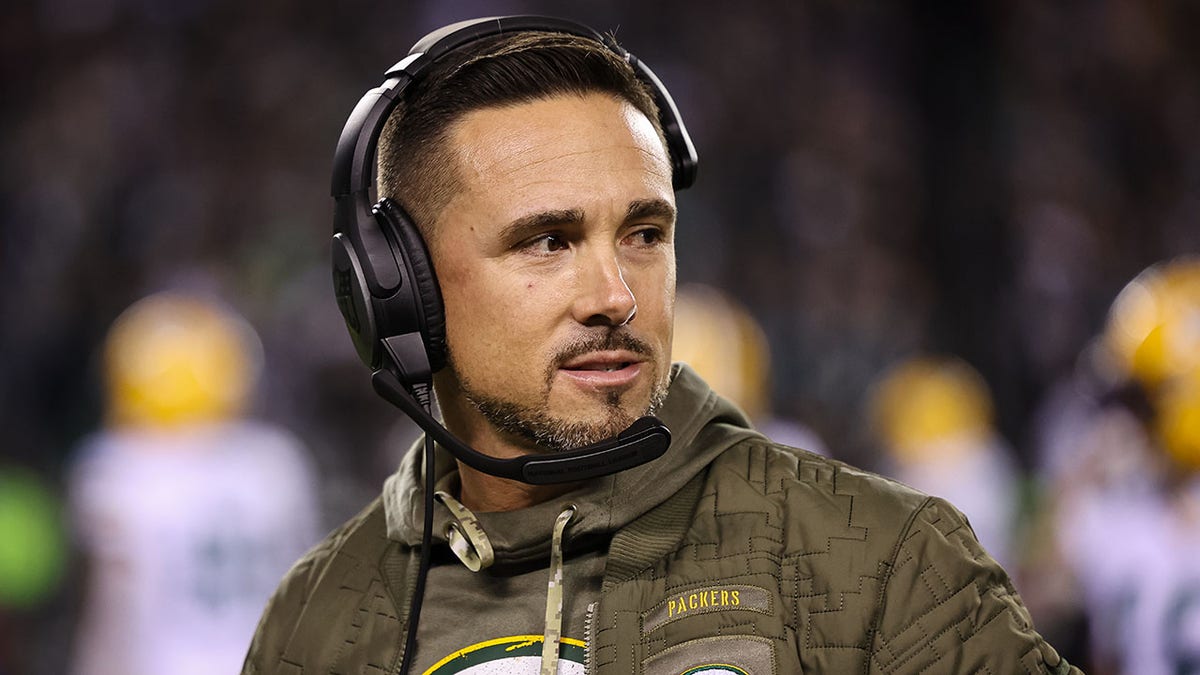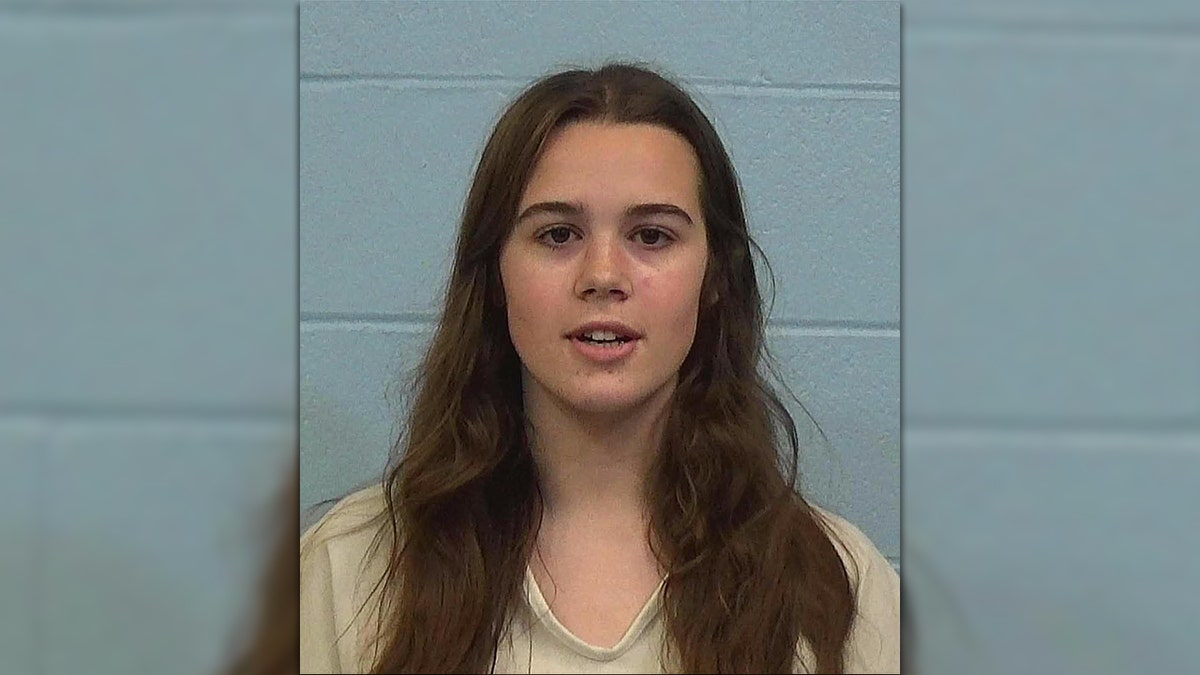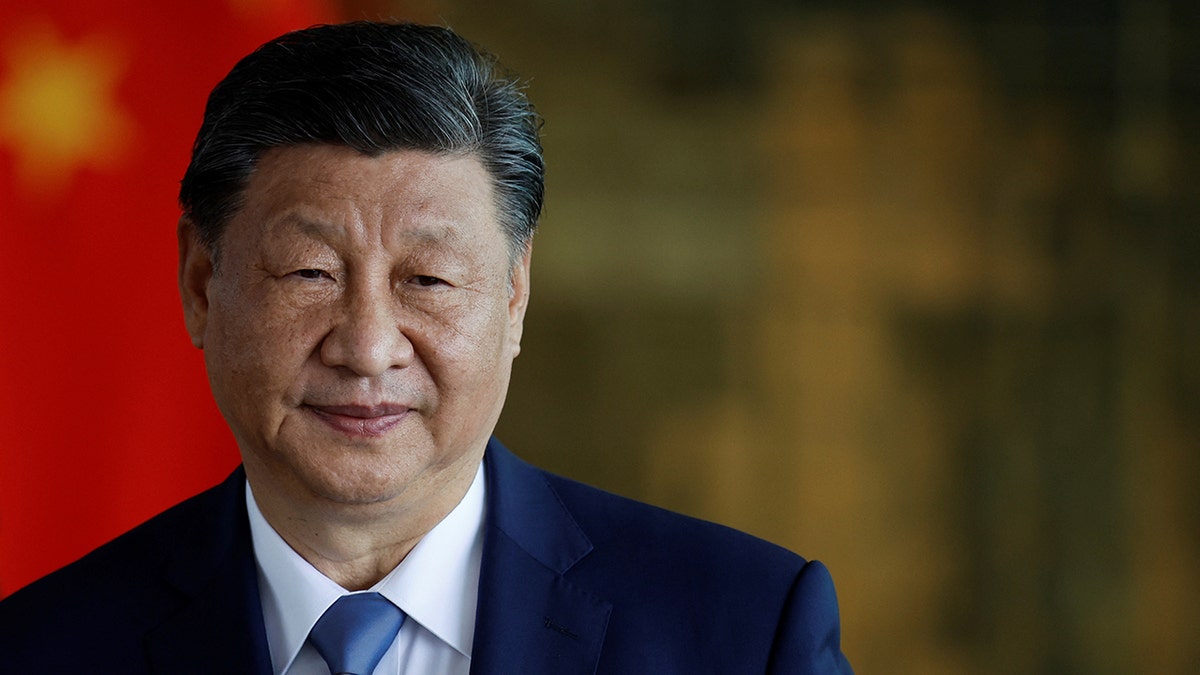A recent court order restricting commuted January 6 defendants from Washington, D.C., and the U.S. Capitol building has ignited a legal controversy. Judge Amit P. Mehta's order specifically names eight individuals whose sentences were commuted, requiring them to obtain court permission before entering the District of Columbia or the Capitol grounds. This order does not apply to those who received full pardons.
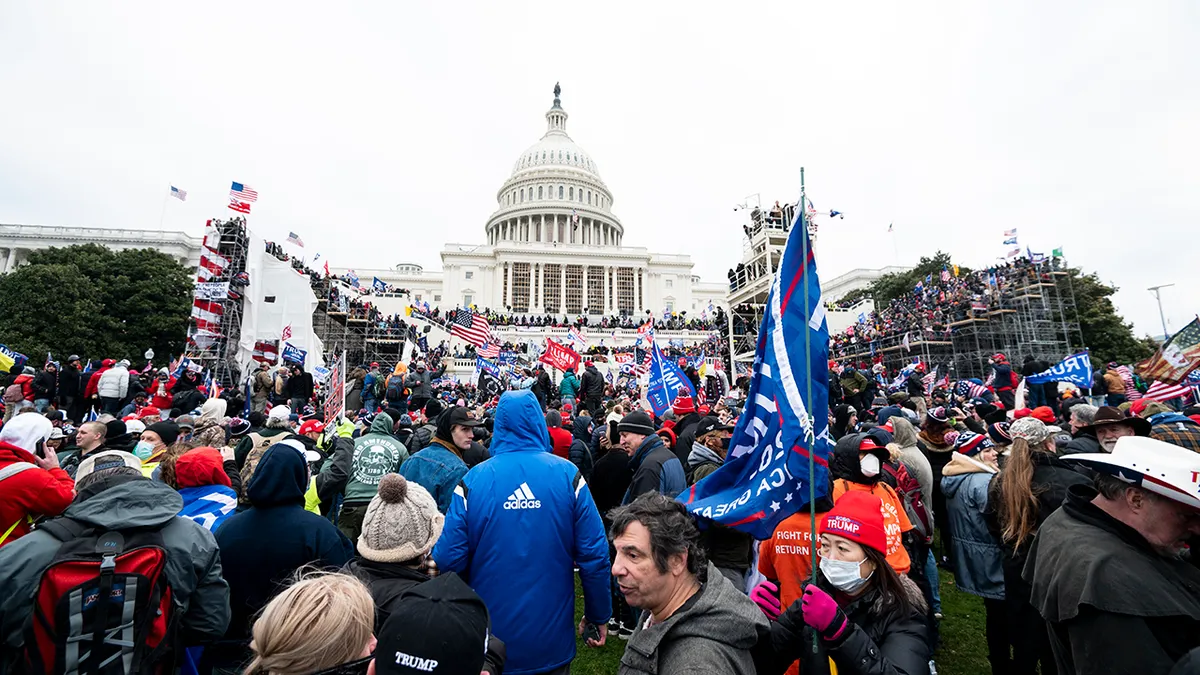
The Justice Department swiftly filed a motion to overturn the order, arguing that it unfairly restricts the movement of individuals who have had their sentences commuted. Acting U.S. Attorney Edward Martin questioned the precedent of preventing individuals from visiting the nation's capital, drawing parallels to hypothetical restrictions on figures like Jim Biden or General Mark Milley.
Legal experts have weighed in on the unusual nature of the order. Jonathan Turley, a Fox News Media contributor and law professor, highlighted the distinction between commutation and a full pardon, suggesting this difference may be the basis for the judge's decision. However, he also raised potential First Amendment concerns, suggesting the order could infringe on the right to assemble and petition the government.
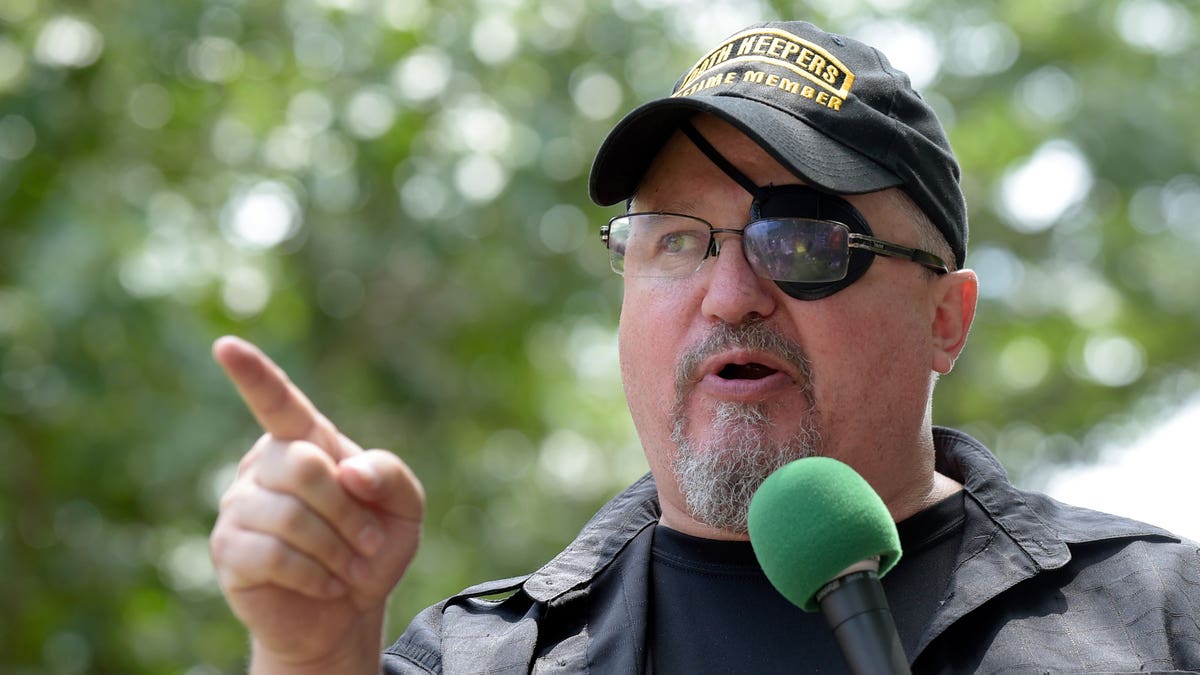
Ron Coleman, legal counsel at Dhillon Law Group, described the order as "novel," questioning the court's jurisdiction over individuals with commuted sentences and the legal basis for requiring permission to enter the nation's capital. He compared the restriction to practices seen in the former Soviet Union.
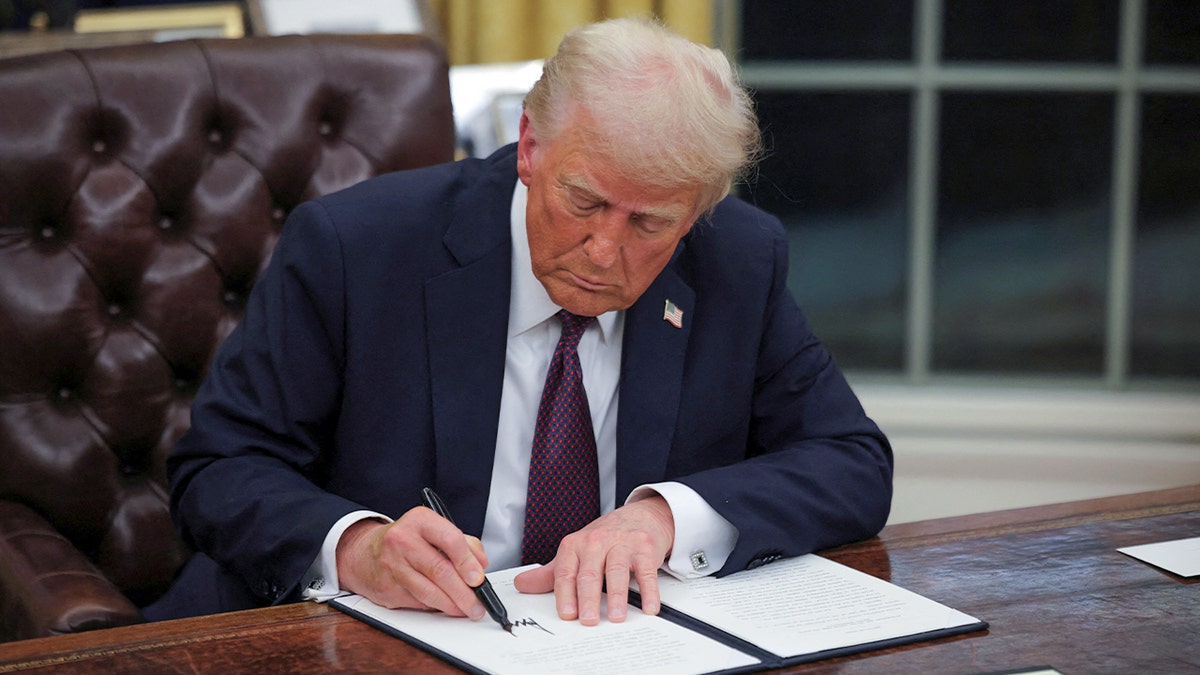
While the order's impact on potential future pardons remains unclear, Turley believes it could influence President Trump's decisions. He anticipates legal challenges to the order, particularly regarding First Amendment rights.
Earlier this week, President Trump pardoned over 1,500 individuals involved in the January 6th Capitol attack, fulfilling a promise made during his inaugural parade. This initial wave of pardons included high-profile figures like Enrique Tarrio, the former Proud Boys chairman.

